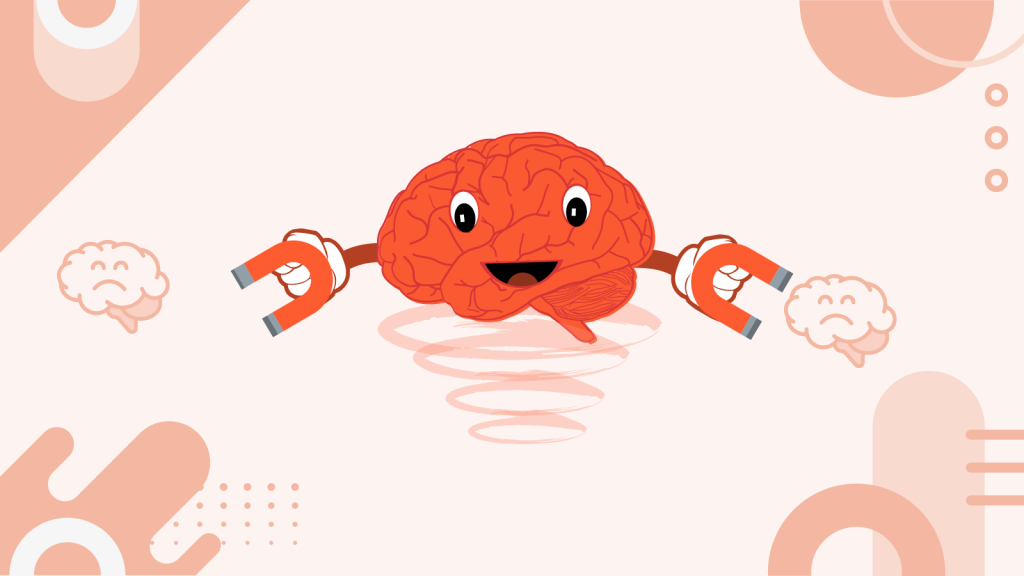“A weak heart, home to a million diseases; fighting every day, only if you knew the better way to find peace.”
Have you ever thought about how much control you actually have over your heart’s health? How much does it affect your body if you do not care for your heart properly?
To better understand the importance of your heart in your body, you must know how it works and keeps your body functioning properly.
A healthy heart is the key to a healthy body and a calm, focused mind, so it is essential to recognize the warning signs and make lifestyle changes to enhance your health.
Let’s learn more about the various conditions that may increase the risk of heart attack and how to prevent them.
What Do You Need to Know About Heart Disease?
The first thing you must know about your heart is that it is a powerful organ that timelessly pumps blood to keep you alive.
On the other hand, if a heart disease sneaks up on you, it can disturb your body’s vital processes. Heart disease comes with a range of conditions, such as coronary artery disease, arrhythmias, and heart failure.
It is not easy to be aware of their nature as they often develop silently, making it even more crucial to care for your heart from the beginning.
Did you know that heart disease is the leading cause of death worldwide? Studies show that over 17 million people lose their lives to heart-related issues each year.
👉 Pro Tip
Make it a habit to get a heart health assessment at least once a year. Early detection of any abnormalities, even if you feel perfectly fine, can be the key to preventing heart disease before it starts affecting your life.
There could be several reasons behind heart disease, but one of the significant factors is a buildup of plaque in your arteries, restricting blood flow and causing serious complications.
The formation of a plaque depends on your lifestyle habits, stress, and genetics. To reduce the risk of heart disease, taking charge of your health is crucial to live a long and healthy life.
Your arteries play an important role in maintaining your heart’s health. Plaque can build up in arteries due to cholesterol, fatty substances, and cellular waste products. This will make the arteries narrow, restricting blood flow and causing the condition known as atherosclerosis, which is often an early sign of heart attacks.
It becomes essential to keep your arteries clear and healthy to prevent heart diseases from taking hold.
How to Recognize the Warning Signs?
Are you wondering, if heart conditions develop silently, how will you be able to recognize them?
Recognizing the early warning signs is crucial before they can become life-threatening. What makes it difficult is that heart attacks do not come with obvious symptoms.
Many people ignore these signs, thinking of them as minor discomfort or indigestion. Understanding what your body says is the only key to recognizing the warning signs.
Subtle Symptoms to Watch Out For
- Chest Pain or Discomfort
One of the most common symptoms of heart issues is chest pain or discomfort, often described as pressure, tightness, or squeezing. If you experience this, make sure to take the necessary steps.
- Shortness of Breath
Another common symptom is feeling out of breath, especially during normal activities. This might be a sign that your heart is not pumping properly.
- Fatigue
If you get tired easily or experience unexplained fatigue, it can be an early sign of a heart problem.
- Nausea, Lightheadedness, or Cold Sweats
Other Symptoms that often accompany a heart attack are nausea, lightheadedness, or cold sweats, especially in women.
🎭 Interesting Fact
Women often experience different heart attack symptoms than men, such as jaw pain, upper back pain, and extreme fatigue, making it even more important for you to recognize these subtle warning signs early on.
According to research, nearly 50% of people who suffer heart attacks report experiencing warning signs weeks or even months before the event. Paying attention to your body’s signals can make all the difference in preventing an emergency.
Lifestyle Changes to Enhance Your Heart Health
Making lifestyle changes is essential for a healthy heart, and including heart-healthy habits in your life can lower the risk of heart disease.
Here are some of the some of the changes that you can make right now to protect your heart:
#1: Adopt a Heart-Healthy Diet
A diet suitable for your heart is important in keeping it healthy. You can opt for a balanced diet that includes fruits, vegetables, whole grains, and lean proteins. It is important to minimize processed food and reduce the intake of trans fat and added sugars. Instead, you must include foods rich in omega-3 fatty acids, like salmon and chia seeds, to reduce the inflammation in your arteries.
- Watch Your Salt Intake
It is important to reduce salt intake, as excessive sodium can lead to high blood pressure and increase the heart’s workload.
- Include Fiber-Rich Foods
You must include foods like oats, beans, and nuts to help lower cholesterol, one of the main culprits in artery plaque formation. You can also opt for supplements for your heart’s health and energy support.
#2: Stay Physically Active
Staying physically active is key to a healthy heart. You must aim for at least 150 minutes of moderate-level exercises per week, such as brisk walking, cycling, and swimming. These exercises help improve your cardiovascular fitness and are best for maintaining a healthy weight.
- Incorporate Strength Training
You can incorporate strength training into your daily routine. Building muscles can help you burn more fat efficiently and relieve stress on your heart.
- Practice Deep Breathing or Meditation
Regular relaxation techniques can reduce stress hormones that can strain your heart over time.
#3: Quit Smoking and Limit Alcohol
For a healthy heart, it is important to cut out the unhealthy habits that cause major side effects on your heart. Smoking is a major risk factor for heart disease, as it damages your arteries and lowers your cholesterol levels. Quitting smoking can significantly improve your heart health within weeks.
- Reduce Alcohol Intake
If you are consuming alcohol in excessive amounts, it can lead to high blood pressure and heart failure. You must stick to the recommended guidelines: moderate drinking, which means up to one drink per day for women and two for men.
#4: Monitor Your Health Metrics
It is always recommended to keep your health in check. However, to keep your heart healthy, you must closely monitor your blood pressure, cholesterol level, and blood sugar. Regular check-ups can help you detect any abnormalities early on and take preventive measures.
- Track Your Progress
Use a fitness tracker to monitor your heart rate during exercise, helping you stay within a healthy range.
👉 Mindful Tip
Each day, set a simple, heart-focused intention – whether it’s choosing a nutritious meal, taking a brisk walk, or practicing a few minutes of deep breathing. Being mindful of these small daily choices can gradually build a stronger, healthier heart.
Research indicates that individuals who actively manage their health metrics are 30% less likely to suffer from heart disease.
Conclusion
Your heart is one of the most important organs in your body. It plays a vital role in keeping you alive and helping your body function smoothly, which makes it even more important to prevent it from heart attack.
Prevention begins when you start taking control of your lifestyle and being careful about your health. The first step to reducing the risk is recognizing the warning signs, incorporating a healthy diet, staying active, and quitting harmful habits.
Making small changes in your routine can have a massive long-term impact on your heart’s health. So, you must listen to your body’s signals and make decisions to keep your heart healthy to live a healthy and harmonious life.
“A healthy heart, evidence of wellness and ease; thriving every day, embracing the path to vibrant peace.”
Heart Health Check Activity:
- Spend 10 minutes listing your daily habits in a notebook or on your phone.
- Include details such as diet, exercise routine, sleep hours, stress levels, and alcohol or smoking habits.
- Review your list and circle one habit that could be improved for better heart health.
- Set a small, achievable goal for the week to improve that habit.
- Examples: swap sugary snacks for fruit, add a 10-minute walk to your day.
- At the end of the week, reflect on how this change made you feel.





















